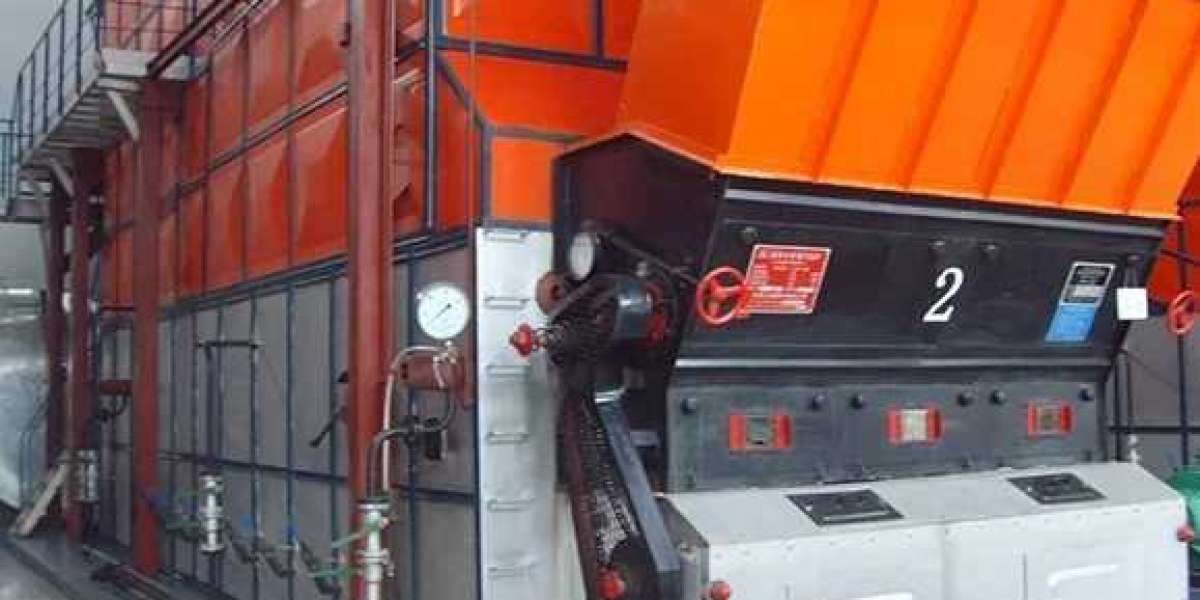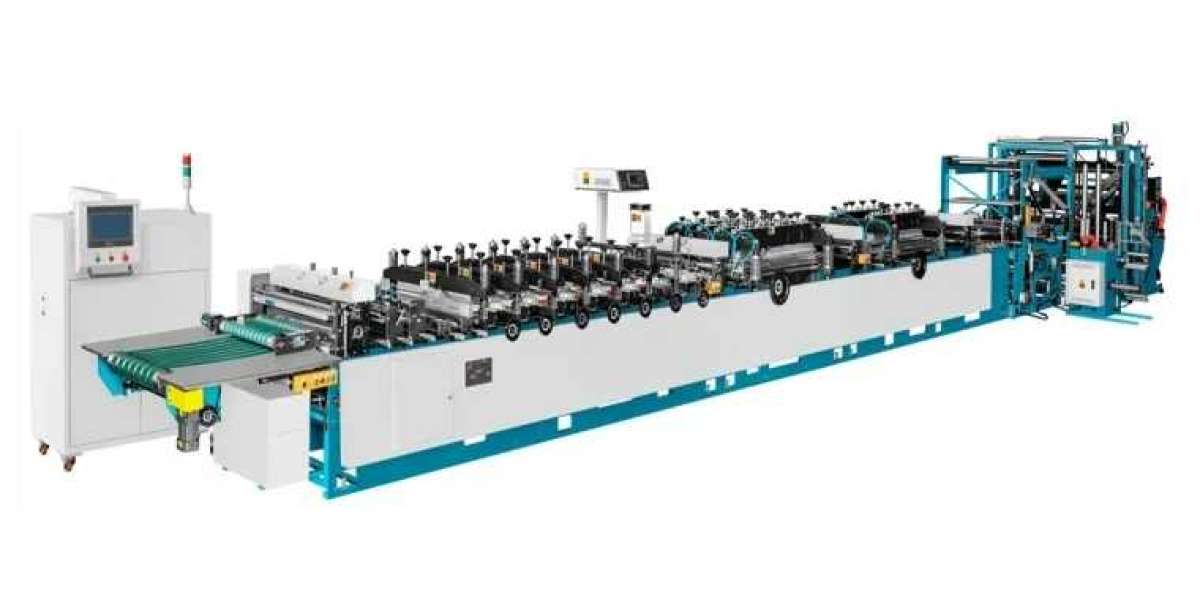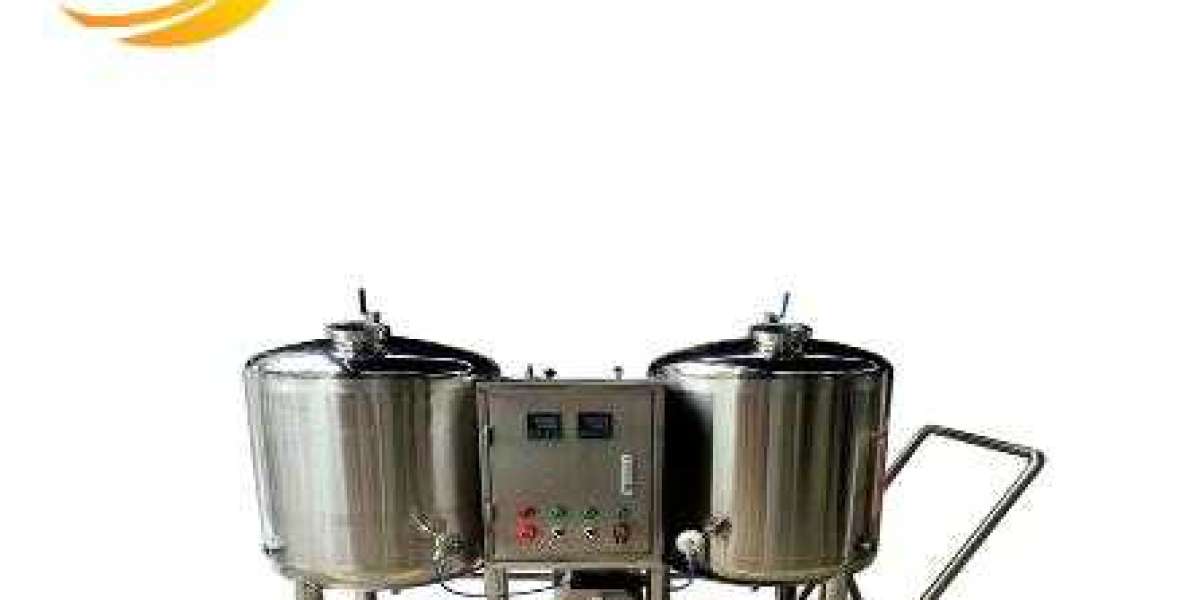Biomass boilers have become increasingly popular in recent years as a sustainable and renewable energy source. They are a type of boiler that uses organic materials, such as wood chips, pellets, or agricultural waste, to generate heat and hot water. There are several different types of biomass boilers available, each with their own unique features and uses. In this article, we will explore the different types of biomass boilers and their applications, helping you to choose the right one for your needs. Whether you are looking to reduce your carbon footprint, save money on energy bills, or simply want to switch to a more eco-friendly heating system, biomass boilers offer a viable solution.
Types of Biomass Boilers
When it comes to biomass boilers, there are various types available on the market. Each type has its own unique features and advantages. Let's explore some of the different types:
1. Wood Chip Boilers: These boilers are specifically designed to burn wood chips as fuel. They can be used for heating large commercial buildings or even entire communities.
2. Pellet Boilers: These boilers use compressed wood pellets as their fuel source. They are popular due to their efficiency and ease of use, making them suitable for residential homes.
3. Log Boilers: As the name suggests, these boilers burn logs as fuel. They are a popular choice among homeowners who have access to a sustainable supply of firewood.
4. Multi-Fuel Boilers: These versatile boilers can burn a variety of biomass fuels such as wood pellets, logs, and even agricultural waste materials like straw or corn husks.
5. Biogas Boilers: Unlike other biomass boilers that rely on solid fuels, biogas boilers utilize methane gas produced from organic waste materials such as sewage sludge or food waste.
Each type of biomass boiler has its own set of advantages depending on factors such as cost, availability of fuel sources, and specific heating requirements.
So whether you need a boiler for your home or a larger-scale project, there is likely a type of biomass boiler that suits your needs!
Uses of Biomass Boilers
Biomass boilers have a wide range of uses, making them a versatile and sustainable heating solution. One of the main uses is in residential buildings, where biomass boilers can provide heat for both space heating and hot water. These boilers are especially popular in rural areas where access to natural gas may be limited.
In addition to residential use, biomass boilers also find applications in commercial buildings such as schools, hospitals, and offices. They can efficiently heat large spaces while reducing carbon emissions compared to traditional fossil fuel-based systems.
Another common use of biomass boilers is in industrial settings like manufacturing plants or agricultural facilities. These boilers can produce steam or hot water for various processes, such as drying crops or generating power through steam turbines.
Moreover, biomass boilers are increasingly being utilized in district heating schemes. In these systems, multiple buildings or homes are connected to a central boiler that provides heat for the entire community. This approach reduces individual energy consumption and promotes sustainability on a larger scale.
Furthermore, biomass boilers play an important role in reducing waste by utilizing organic materials that would otherwise go to landfill. Agricultural residues like straw or wood chips from forestry operations can be converted into energy through combustion in these boilers.
The uses of biomass boilers extend across different sectors and contribute significantly to achieving renewable energy targets while minimizing environmental impact. With their versatility and efficiency, it's no wonder that more industries and households are adopting this sustainable heating solution.

Advantages of Using Biomass Boilers
1. Renewable Energy Source: One of the major advantages of using biomass boilers is that they rely on a renewable energy source – biomass fuel. Biomass refers to any organic matter derived from plants or animals, such as wood pellets, agricultural waste, or dedicated energy crops. Unlike fossil fuels which are finite and contribute to climate change when burned, biomass is considered carbon neutral because it releases the same amount of CO2 during combustion as it absorbed while growing.
2. Cost Effective: Biomass boilers can be a cost-effective heating solution in comparison to traditional fossil fuel systems. The availability and relatively low-cost nature of biomass fuel make it an attractive option for homeowners and businesses alike. Additionally, some countries offer financial incentives or grants for installing biomass boilers, further reducing the overall investment required.
3. Reduced Carbon Emissions: By utilizing biomass as a fuel source instead of fossil fuels like coal or oil, biomass boilers help reduce greenhouse gas emissions and combat climate change. As mentioned earlier, burning biomass only releases the same amount of CO2 that was originally absorbed by plants during photosynthesis.
4. Versatile Fuel Options: Another advantage is the versatility in terms of available fuel sources for biomass boilers. Depending on local availability and preferences, users can choose from various types of biomasses including wood chips, straw pellets, miscanthus grasses, or even animal manure! This flexibility allows users to select the most appropriate option based on their specific requirements and circumstances.
5.Energy Efficiency: Modern biomass boiler systems are highly efficient at converting stored energy in organic materials into heat energy for heating spaces or water supply purposes.
These advanced technologies ensure minimal wasted energy during operation,resulting in higher efficiency levels compared to older conventional heating systems.
In summary,biomass boilers offer numerous advantages including reliance on renewable resources,cost-effectiveness,reduced carbon emissions,fuel options,and enhanced energy efficiency.
This makes them a sustainable and environmentally-friendly heating solution for both residential and commercial applications.
Factors to Consider When Choosing a Biomass Boiler
1. Size and capacity: One of the first things to consider when choosing a biomass boiler is the size and capacity that will meet your heating needs. Assessing the size of your property and estimating the amount of heat required will help determine the appropriate boiler size.
2. Fuel source availability: Different types of biomass boilers use different fuel sources, such as wood pellets, chips, or logs. Consider the availability and cost of these fuel sources in your area before selecting a specific type of biomass boiler.
3. Efficiency: The efficiency rating of a biomass boiler indicates how effectively it converts fuel into heat energy. Higher efficiency means less wastage and lower running costs over time, so look for boilers with high efficiency ratings.
4. Maintenance requirements: Like any other heating system, biomass boilers require regular maintenance to ensure optimal performance and longevity. Consider factors such as cleaning requirements, ash removal processes, and servicing needs when choosing a boiler.
5. Installation considerations: Installing a biomass boiler may involve modifications to existing systems or infrastructure. It's important to assess whether your property can accommodate these changes in terms of space requirements, ventilation needs, flue placement options, etc.
6. Environmental impact: Biomass boilers are considered more environmentally friendly compared to fossil fuel-based systems due to their use of renewable resources like wood waste or agricultural residues. However, it's still essential to evaluate their carbon footprint and emissions levels before making a decision.
So,it's always recommended contacting qualified professionals who can assess your specific situation provide expert advice tailored solution suited best for you!

Conclusion
In this article, we have explored the different types of biomass boilers and their uses. Biomass boilers are a sustainable and environmentally friendly alternative to traditional fossil fuel heating systems. They can use various types of organic materials, such as wood pellets, chips, or logs, to generate heat for residential and commercial buildings.
There are several types of biomass boilers available in the market today. These include stoker-fired boilers, fluidized bed combustion boilers, and pellet-fired boilers. Each type has its own advantages and is suitable for different applications.
Biomass boilers have a wide range of uses across various industries and settings. They can be used for space heating in homes or large-scale heating in industrial facilities. Biomass boiler systems can also be integrated with existing heating systems to provide efficient heat distribution throughout a building.
One of the key advantages of using biomass boilers is their sustainability. By utilizing renewable organic materials as fuel, they help reduce greenhouse gas emissions and dependence on fossil fuels.
When choosing a biomass boiler system for your specific needs, there are several factors to consider. These include the size and energy requirements of your property or facility, the availability and cost of biomass fuel sources in your area, as well as any applicable regulatory requirements or incentives.
In conclusion,Biomass boilers offer a viable solution for sustainable heating needs while reducing carbon emissions.








